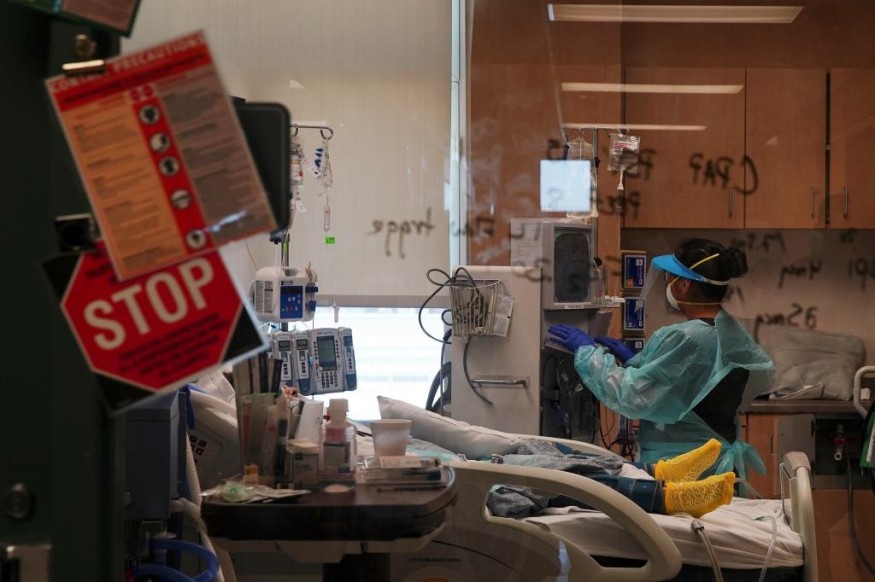Health Workers Residing in Mexico Contribute to California’s Response to COVID-19 Crisis

Every day, hundreds of Mexicans and Americans living the border's south are seen entering the hospitals of California. They do so, not as patients but as workers.
Instead, they are health workers and support staff that help keep a saturated health care system operational despite the COVID-19 crisis.
Based on the Mexican census data, more than 1,000 medical technicians, nurses and support staff living in the Mexican towns of Mexicali, Tecate and Tijuana are working in the United States.
They work in the area's pharmacies, dialysis centers, and COVID-19 testing sites. Then, more than a thousand more, are cleaning biotech labs and contaminated hospital rooms.
Some are washing the bed sheets the patients use, and scrubs worn by doctors, and others "providing in-home care to elderly individuals and those susceptible to the virus".
Vice President of International business affairs at the San Diego Regional Chamber of Commerce Paola Avila said such cross-border workers like receptionists, nurses, pharmacists surgeons, and doctors are seen in each stage.
Raising Alarms about Crossing the Border for COVID-19 Treatment
In previous weeks, state hospitals and the US officials raised alarms about the American citizens who live in Mexico and are crossing the border to treat patients as the cases of COVID-19 surged in Mexicali and Tijuana.
Specifically, at the largest hospital in the state's Imperial Valley, the El Centro Regional Medical Center, which reportedly "employs dozens of cross-border employees," a wave of such patients contributed to the saturation of the intensive care unit or ICU.
More so, such patients, according to reports, forced the Californian hospital to start airlifting people to various medical facilities more than 100 miles away.
Despite US President Donald Trump's warning that contagions in Mexico are considered a threat to the US and that the US Department of Homeland Security Officials have aired apprehensions about dual nationals residing in Mexico, the health workers
become seemingly reminders that "in the interconnected region," California is also benefiting from "cross-border travel."
The Workforce a Hospital Needs
Emergency services medical director at Sharp Chula Vista in San Diego, Dr. Andres Smith said, the said workforce is what's needed in the hospital.
According to El Centro's base hospital trauma manager Angel Esquivel, whose main task is to coordinate the flow of patients with the helicopter and ambulance services, being a Mexico resident has allowed him to be more ready for the recent increase in cross-border patients.
The trauma manager also said, living in the country has given him first-hand knowledge of the manner the pandemic was unfolding, and thus, he can "have a picture of how that emergency" can affect the emergency room.
According to San Diego's largest health care laundry service, Emerald Textiles, more than 50 percent of its workers reside in Tijuana.
The company's president, Jaye Park said, without his people having the ability to cross the border, "It would be very difficult for us."
Such an apprehension was echoed by representatives of Sharp HealthCare and Scripps Health, two hospital systems located in San Diego. They sent the officials of the Trump Administration a letter, cautioning of a developing "public health crisis at the border."
However, the letter senders acknowledge too, the dependence of the health care system on the workers who are crossing the border. Specifically, in the letter, the senders stated that it is crucial that their "healthcare personnel be able to move freely."
Check these out:
Subscribe to Latin Post!
Sign up for our free newsletter for the Latest coverage!

















